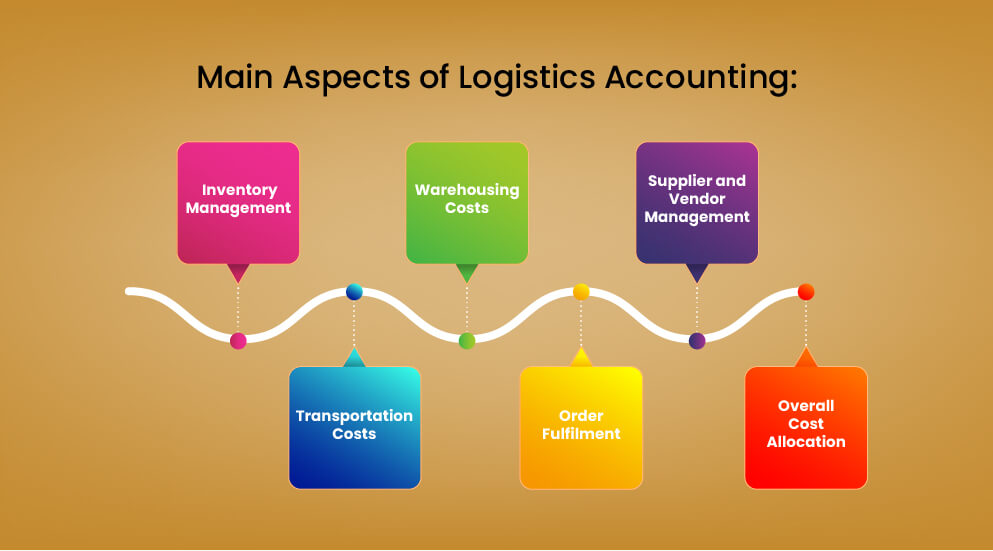Logistics Accounting: Best Practices To Follow

Logistics accounting refers to handling all the finances of the main aspects of logistics. This involves managing and tracking financial transactions and regulating all the information related to the finances inside a company that deals with logistics. Usually, this involves accounting related to the storage and movement of goods, materials, and resources throughout the supply chain.
This is a critical job that needs close monitoring and constant evaluation. If it is not handled with care, the companies can suffer a huge amount of loss in their businesses. This is why companies must follow good practices in order to achieve peak financial optimization with regard to logistical operations.
Before diving into the best practices that one needs to follow for logistics accounting, let us understand what the main aspects of logistics accounting are.

This aspect involves keeping track of the costs involved in the procurement of goods, raw materials, storage, and distribution. By keeping track of these, it gets easier to manage the flow of goods in the inventory with high efficiency.
When the goods are transported from the supplier to companies and then from companies to customers, it incurs costs. Keeping track of these costs and managing them efficiently is the main goal of this aspect. This involves the costs of freight management, shipping charges, fuel expenses, and other transportation-related costs.
In the supply chain, the goods are stored and then distributed from a facility. This facility is known as a warehouse. So, the cost of storing and distributing the goods thereafter is called warehousing costs. This usually involves rent, utilities, labour charges, etc.
The process of shipping parcels (goods) from suppliers to companies, packing them into warehouses, picking them from the facility, and then finally dropping the parcel at the intended customer is known as order fulfilment. The cost incurred during this process is the order fulfilment cost.
This aspect involves costs incurred during financial transactions among suppliers and vendors.
The determination of costs for particular goods and products based on their potential profitability is considered to be one of the most important aspects of accounting. This also involves ways to limit the overall costs in transportation and optimize supply chain costs.
Now, let’s understand the best logistics company accounting practices that should be followed by companies for their logistical operations for each of the aspects discussed above.
Now you have a clear idea about how to follow best practices to carry out accounting in logistics as smoothly as possible. Keeping the above aspects in mind, you will never get stuck in confusing cycles of handling your finances when it comes to logistics.
Follow cTrunk blog series for more insights on the logistics industry!